BAGHDAD: The European Union and United Nations will deploy observers to monitor Iraq’s parliamentary election next month, saying on Tuesday they hope voting will not be tainted by fraud and abstention.
“Our purpose is to do whatever we can in order that the electoral process be as good as possible,” EU foreign policy chief Josep Borrell told a news conference in Baghdad.
He said the EU observer mission for the October 10 election would be in Iraq a month before polling day and would stay for another month afterwards.
The UN’s top representative in Iraq, Jeanine Hennis-Plasschaert, told a separate news conference the world body would also deploy a large monitoring team. “In fact this is one of the UN’s largest electoral assistance projects worldwide with five times as many UN personnel as in 2018,” she said.
Hennis-Plasschaert urged Iraqis not to boycott the vote, which she hoped would be “credible”, and called on “political forces and candidates to collectively refrain from any attempt to force or distort election resources”.
Past elections in Iraq have been marred by violence and vote-buying.
In the most recent legislative election in 2018, the turnout was 44.52 per cent, an official figure that many believe was inflated.
Calls to boycott the vote have increased as the election draws closer, especially among young people who accuse political parties in Iraq of covering up and even encouraging political violence.
Borrell said that everyone in the country demands elections, “but when we organise elections, the people say that elections are not good”.
“Our focus is try to help the electoral process be as good as possible,” he said.
Iraqi political scientist Saleh al Alaoui said to expect a low turnout — “not exceeding 20 per cent”.
He said this would be “a consequence” of the protests that swept Iraq in October 2019 against corruption, foreign interference, poor public services and the stranglehold the main political parties have on the country.
An early general election was one of the promises made by Prime Minister Mustafa al Kadhemi to try to meet the demands of the demonstrators.
A new electoral law also came into force last year, its aim being to break the monopoly held by blocs of parties that share power, and promote independent candidates instead.
CLAIMS RESPONSIBILITY
Meanwhile, IS militants claimed responsibility for an overnight attack on Sunday on a guard post near the city of Kirkuk that police sources said killed 10 Iraqi policemen and wounded four.
IS, whose militants are active in the area, claimed responsibility for the attack through its Amaq News Agency on Telegram.
The sources said the attackers clashed for two hours with police stationed at a village in the town of Rashad, 30 km southwest of Kirkuk. Militants used roadside bombs to prevent police reinforcements from reaching the post, destroying three police vehicles, the sources said.
Separately, at least three Iraqi soldiers were killed and one was wounded on Sunday when gunmen attacked an army checkpoint southeast of the Iraqi city of Mosul, security sources said.
Despite the defeat of the IS militant group in 2017, remnants switched to hit-and-run attacks against government forces in different parts of Iraq. – Agencies



